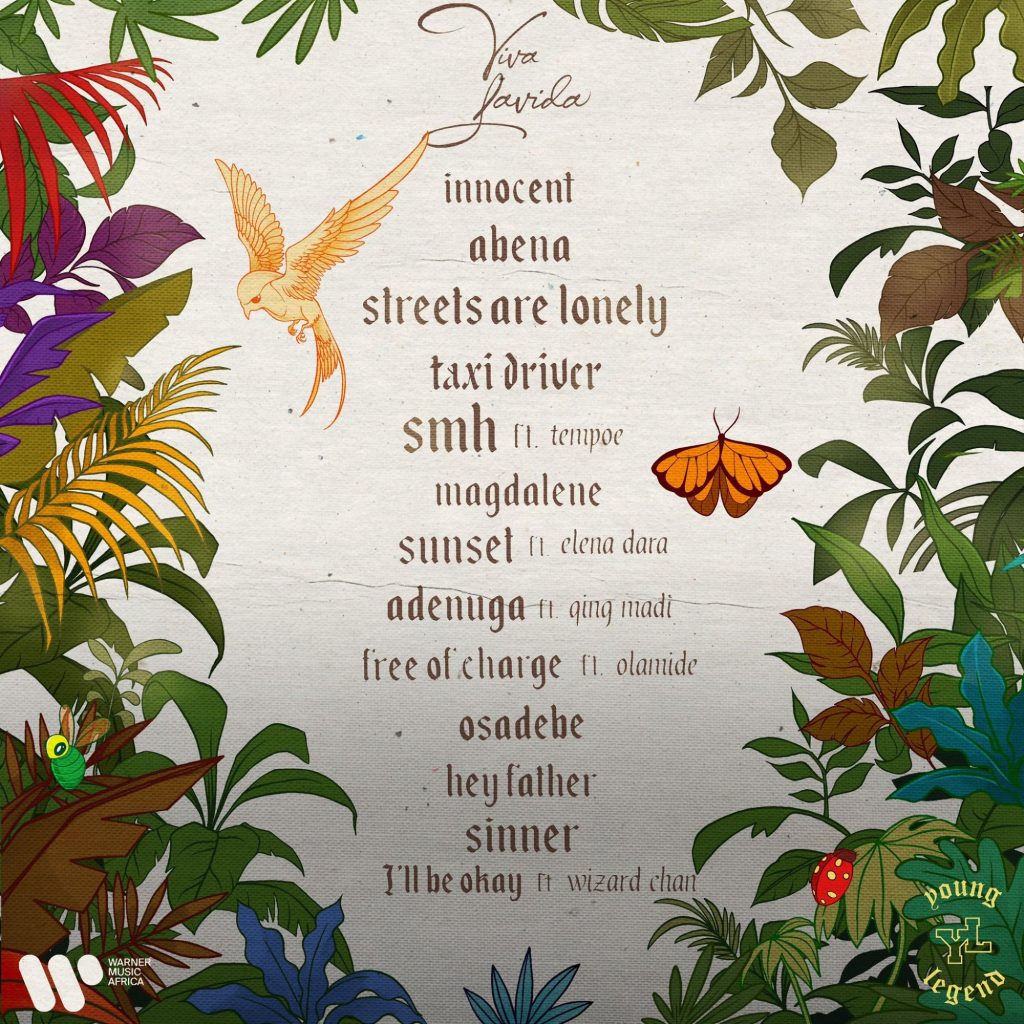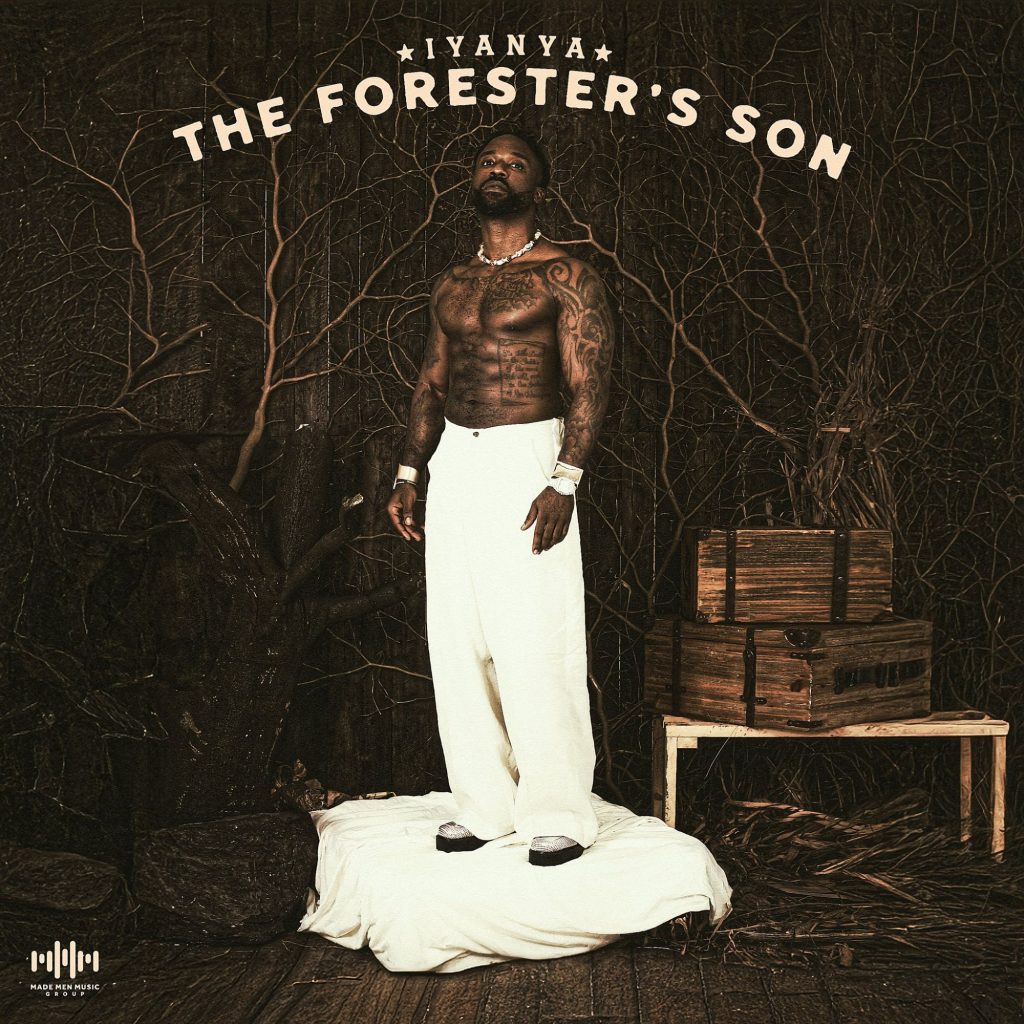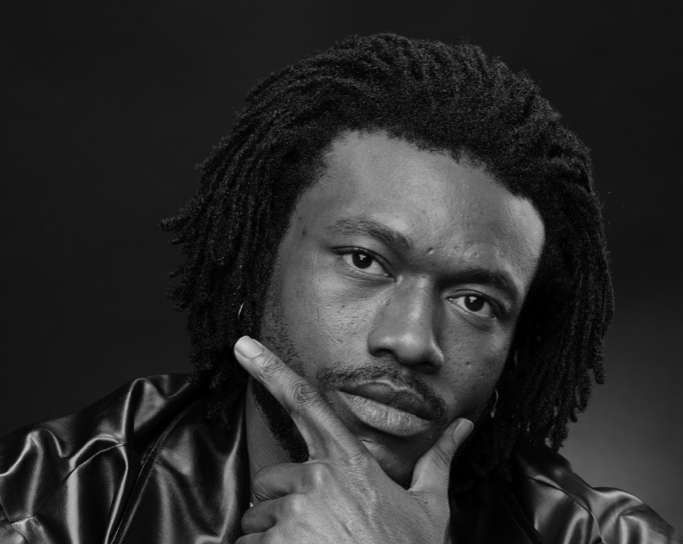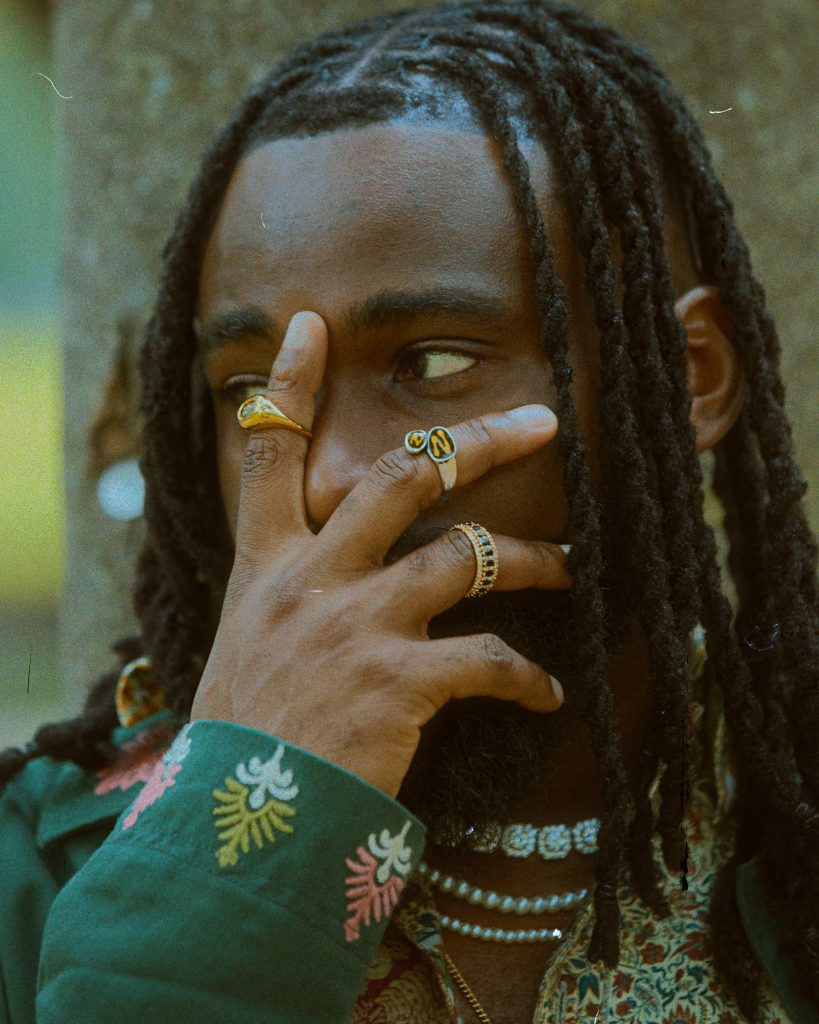Joeboy burst into the limelight with his signature brand of Afro-pop that straddled mid-tempo pop BPMs and R&B-esque confessional writing. After tinkering with this formular for two albums, he finally sets sail for a new sonic adventure on his third LP.

Joeboy definitely needed to switch things up and do something new with his sound. The music hadn’t gotten stale and he is quite the maestro in figuring out new ways to reinvent the sound, as his sophomore effort is a glaring example of this point. While his debut was more pop leaning and his sophomore, R&B centric—it was still built on the same sonic fundamentals that defined his artistry. Relatable love stories, catchy hooks and confessional verses about love, heartbreak and recovery. Simple but profound music that appealed to the soul. However, for some reason Joeboy has struggled to generate the same amount of attention he used to in his first two years.
Adenuga was a moment, sure and he’s had a handful of these sort of moments over the past few years, but ultimately the singer realized that to return back to his previous heights he might need to be more adventurous and leave his comfort zone, which is what he does on this album to quite mixed results.
You see, the previous Joeboy albums couldn’t have been made by anyone else. The unique stamp of his artistry bleeds into every song, both good and bad. On Viva La Vida, while he still maintains a competent vocal and delivery skill, he struggles to find a new shade of artistry in this new environment that is unmistakably Joeboy. The music is mostly good Afro-pop music, not good Joeboy Afro-pop music as some of his essence gets lost in transit, as he tries to crossover to strictly pop territory.

Album opener Innocent is an interesting foray into the album that does set expectations. The one verse is stellar and on it Joeboy sings about his naivety and how his promiscuous lover preys on it. However, the bulk of the song is its rather underwhelming chorus that doesn’t do much to flatter the song. Abena is more emblematic of the problems of the album. It is the standard Afro-Pop song, in which the artist encourages his lover to lose her mind and enjoy life to the fullest, because he has the wealth to spend on her. It is a good song, but it could have been made by anyone else and Joeboy fails to leave his mark unlike the opener.
Streets Are Lonely has the sort of morose riffs you’ll hear at a funeral and the overall vibe of the song is despondent. The drums are minimalistic and it fits the dark pathos of the song, but where Innocent had a lazy chorus and a strong verse, opposite is the case for the song as a verse is basically nonexistent and the chorus is flogged to death. Taxi Driver is one of those singles elevated by the album sequencing and overall cohesion. It’s a good song with the sort of simplistic, resonant writing that is synonymous with Joeboy but the one-dimensional beat does it little favors. The beat is stuck in gear one and rarely changes for the entirety of the song.
SMH ft. Tempoe is probably the best song on the album, as it epitomizes the ideal balance Joeboy should have strived for on the entire album. The production choice has a retro feel to it, with its very classical, dated guitar chords stacked over vocal chops and the sort of melodies that soundtracked a much older era of Nollywood. It’s a uniquely brilliant song and Joeboy explores the right melodies and flow cadences that do it justice. This writer always felt the single version needed a second verse, as the chorus dragged on for too long and fortunately enough it got fixed on the album.
Magdalene draws from the same well of old Nollywood sonic aesthetics that produced SMH, but this song isn’t half as good because for some reason Joeboy believes a chorus repeated multiple times suffices, without defining verses to ground us better in the sentiment of the song. Sunset departs from pop territory and dials back time to the loverboy Joeboy who has made evergreen R&B anthems in the past. The melodies on this song are so soulful and soothing, it wouldn’t matter if Joeboy was singing absolute nonsense which he doesn’t. Elana Dara’s vocals are so angelic and sultry, providing an harmonious contrast with Joeboy’s voice. Despite the song being titled Sunset, it sounds like an heartbreak song.

There isn’t much to be said about Adenuga, the signature Joeboy R&B fusion song, tinged with pop drums. It definitely deserved its moment, as it retains the soul and heart of Joeboy’s artistry while being a bop. Free Of Charge is the latest in line of Afrobeats and Brazilian Funk fusions and although it pales in comparison to a Ruger’s Toma Toma, as Joeboy lacks the sort of dexterous panache to flow on the beat like Ruger, he puts in a tight shift nonetheless and it’s hard to fault his verse or chorus which works to a tee. “Na you dey scatter my dada like Majek Fashek, for the time wey i no fit show up i go buy you patek” Baddo sings, dropping effortless bars in a memorable appearance that is one of the album’s better highlights.
Osadebe is the oldest song on the album and one of the more forgettable tracks. It’s not a bad song, but only painfully decent as it does everything in okay amounts. Joeboy’s delivery and subject matter on Hey Father is an interesting one, that touches on his mental headspace and the sacrifices he’s made to remain in the game, but the beat limits its potential, as it could have tapped deeper into the spiritual angle with more effulgent instrumentation. Funny enough, the beat does pick up steam but its only towards the ending and the vocals are no more.
Sinner is a more mellow version of the sentiments that define Hey Father, except where he was defiant and throwing shade at his detractors on the previous track, on Sinner he is more vulnerable and self reflective. I’ll Be Okay ends the album on a much more optimistic, hopeful note that is justified after the sequence of the preceding two heavy tracks. With a Dera production credit, it sounds like an extended play of his last album. Wizard Chan’s presence on the song isn’t justified though, as his chants and delivery style does nothing to compliment Joeboy on the song.
Joeboy’s Viva La Vida is easily his least impressive project, but not as a result of lack of effort or even creative direction. It has the right ideas, from its tropically inspired visual aesthetics, retro-themed sonics and Nollywood backdrops. However, it just didn’t execute to the best level it could have. It does have more than enough bright sparks to generate much needed momentum for it.
Final Verdict:
Sonic Cohesion & Transitions: 1.5/2
Expansive Production: 1.2/2
Songwriting: 1.3/2
Delivery: 1.4/2
Optimal Track Sequencing: 1.6/2
Total: 7.0/10






